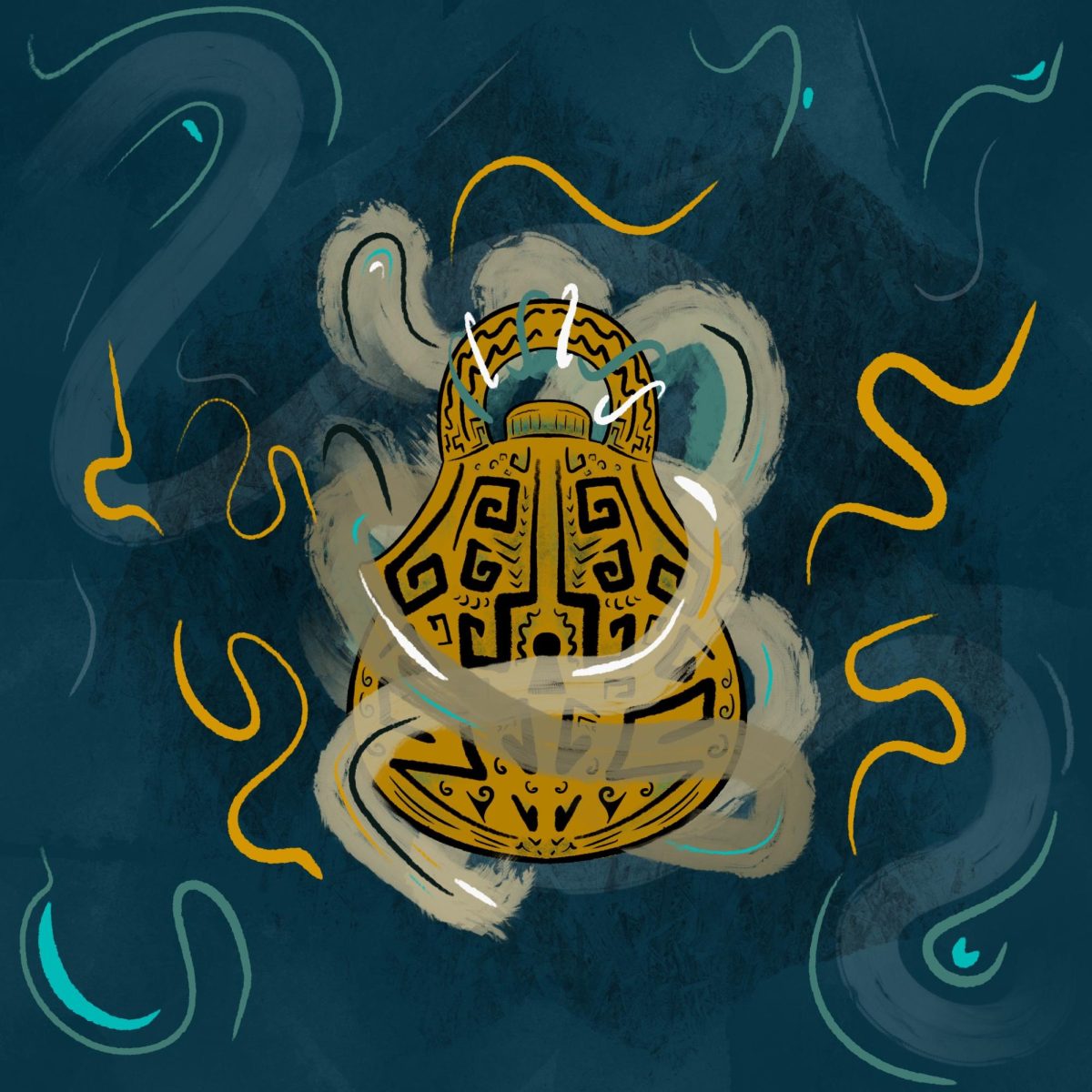Rahsaan Nance Thank you for reading the third installment of Musicology, where we do in-depth reviews of a variety of artists from a variety of genres. Today, I will be reviewing MASSEDUCTION, the fifth album from Tulsan artist St. Vincent (aka Annie Clark). I have titled the first section of the album, “Not Meant for this World.” These are lyrics from the first track, “Hang On Me,” which sets the tone for the album. In previous albums, St. Vincent has played with different themes. This record is more personal; she says it’s about creating her own mythology. The next song is called “Pills,” which acts as both a criticism of the pharmaceutical industry, as well as of drug culture. The chorus has a jingle-like tone, as if it’s an advertisement. In the second half, the song slows down, with a bridge that leads into a tenor saxophone solo by none other than Kamasi Washington! Following this is the title track (and one of my personal favorites), “Masseduction.” In this song, we begin to understand the meaning of the title. After a very Prince-esque guitar solo, we begin the next section of the album titled “How Could Anybody Have You and Lose You?” named for the chorus of “Los Ageless.” The chorus makes this song one focal point of the album. All songs seem to reflect the idea of having something, whether that be a person, drugs, or anything else. At the end of the song, St. Vincent says, “I try to write you a love song, but it comes out a lament.” This sentiment is reflected in the next song, “Happy Birthday, Johnny.” This song talks about the physical and emotional abandonment of her friend, Johnny, who was busted for drug abuse. Annie feels that she could have used her fame and money to help Johnny, but instead left him in the dust. As the song concludes, she hopes that Johnny will forgive her for abandoning him. “Happy Birthday, Johnny,” acts as a bridge between the previous section and the new one which I have titled, “I Can’t Be Your Savior” from the song “Savior.” The song describes roleplay, and each occupation described represents an influence. St. Vincent is uncomfortable in these roles because she cannot save the love interest from themself. Up next is “New York,” the first single from the album and another focal point. This song describes a fall, perhaps as a result of a death, or a fall from grace. “Fear the Future,” an intense short song with some good backgrounds, acts as a transition to our last section, which I am calling “Love Was Enough,” from the next song “Young Lover.” Annie discovers her partner has cheated on her with drugs. This song is very emotional as he is dying. Another song in this last section is called “Slow Disco,” which implies a funeral or memorial service for the aforementioned young lover. The album comes to a close with a dramatic song called “Smoking Section.” This song is quite similar to “Pills” in that it conveys a dark message about depression in a simplistic manner. This song discusses “the end,” which perhaps alludes to many ideas. I wonder if this song could be St. Vincent’s mantra to reassure herself. Even though the album ends on a dark note, here are some recommendations to lift you back up. Recommended Albums: Depeche Mode-Spirit Radiohead-Kid A Prince-The Gold Experience]]>
Categories:
Musicology: An In-depth Music Review
April 18, 2018
0
More to Discover




















































